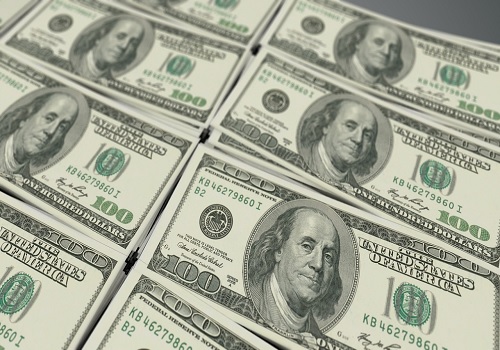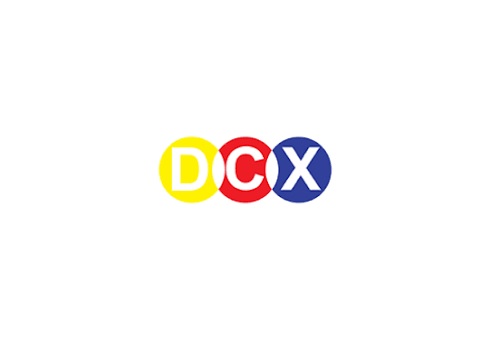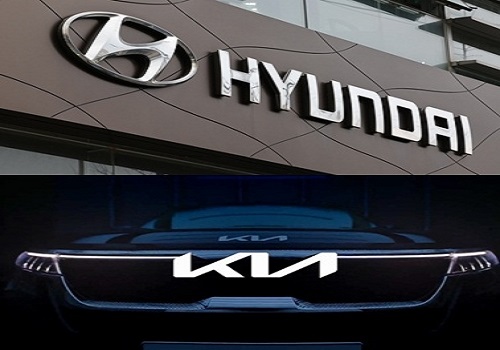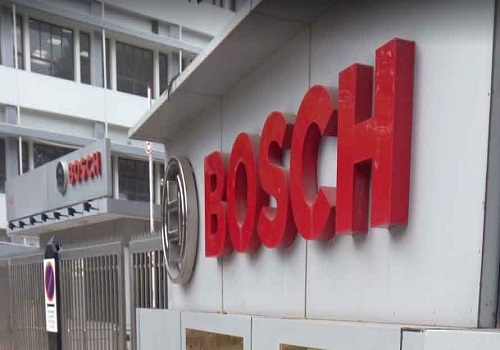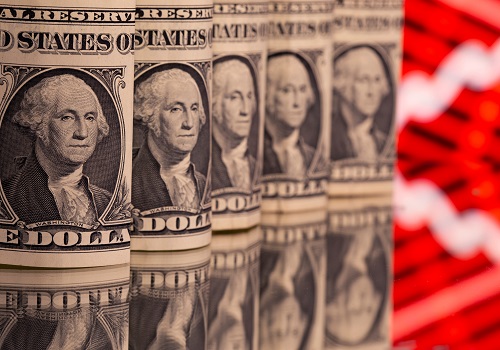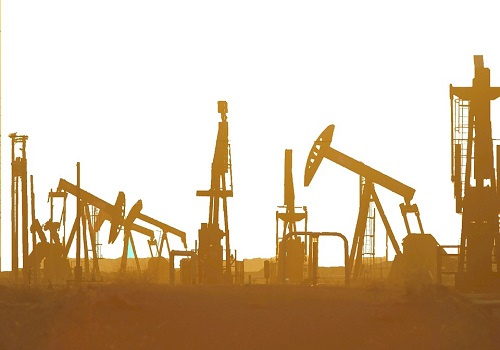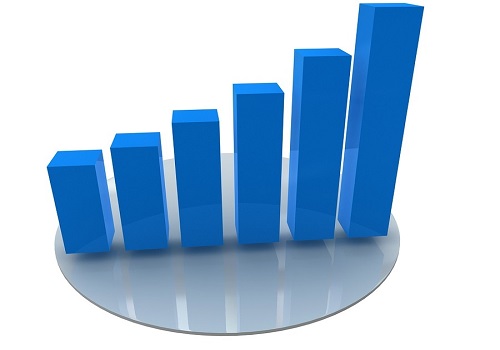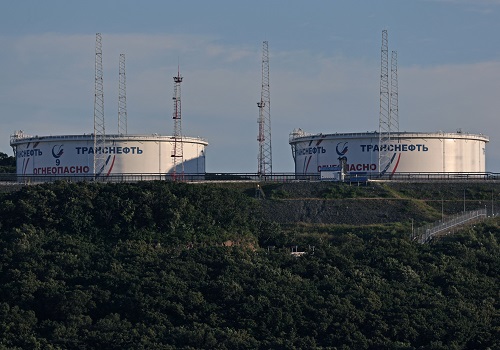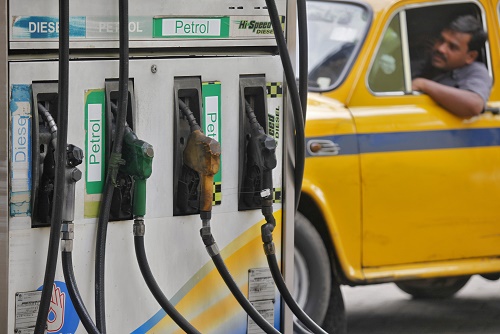Retail fuel prices would need to be increased by 15% to reflect international crude prices
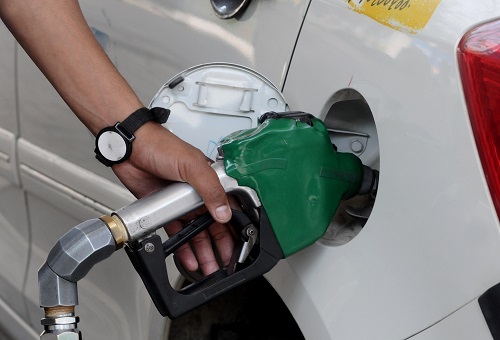
Follow us Now on Telegram ! Get daily 10 - 12 important updates on Business, Finance and Investment. Join our Telegram Channel
Retail fuel prices have not been marked to market for a few months and should be increased by approximately 15 per cent to reflect the current international crude prices, Morgan Stanley said in a report.
As such, assuming an average of US$110/bbl in F2023 (based on oil futures as of March 7), the headline CPI for India is likely to average at 6 per cent in F2023.
"We opine CPI to remain above the 6 per cent mark until September 2022, and only decelerate to 5.6 per cent by 4Q22. With regard to policy response, we expect RBI to commence monetary policy normalisation with a reverse repo rate hike in the April policy review and follow that up with a repo rate hike of 25bp in the June policy review," it said.
Risks emanate from a sharper and sustained rise in oil prices, which will potentially lead to front-loading rate hikes, increasing risk of disruptive tightening.
Food inflation accelerated to the highest since December 2020. On a YoY basis, food CPI rose to 5.9 per cent in February from 5.4 per cent in January. The acceleration in food CPI has been led by an upturn in prices of food articles such as meat, fish and eggs followed by vegetables, cereals and its products. The high-frequency food prices data for March (month to date) indicate that prices have risen for oils and fats as well as milk, while vegetable prices are declining at a slower pace.
Headline CPI rose to an eight-month high to breach the upper threshold of the target band, Morgan Stanley said. Headline CPI rose a tad to 6.1 per cent YoY in February from 6 per cent in January, in line with our expectations.
Retail inflation in February 2022 crossed 6 per cent, the first time after June 2021. With the spike in global crude oil prices and continuing uncertainties, including supply-chain disruptions due to the ongoing war in Europe and economic sanctions, the outlook for inflation remains uncertain. The government can, for now, limit the pass-through of high oil prices. Yet, this might turn out to be challenging if the situation persists or the rise continues. We expect the RBI to follow global cues and start raising policy rates, but moderately, Anand Rathi Group said in a note.




